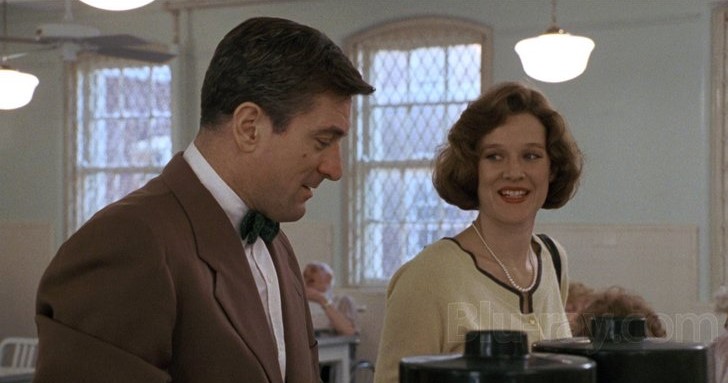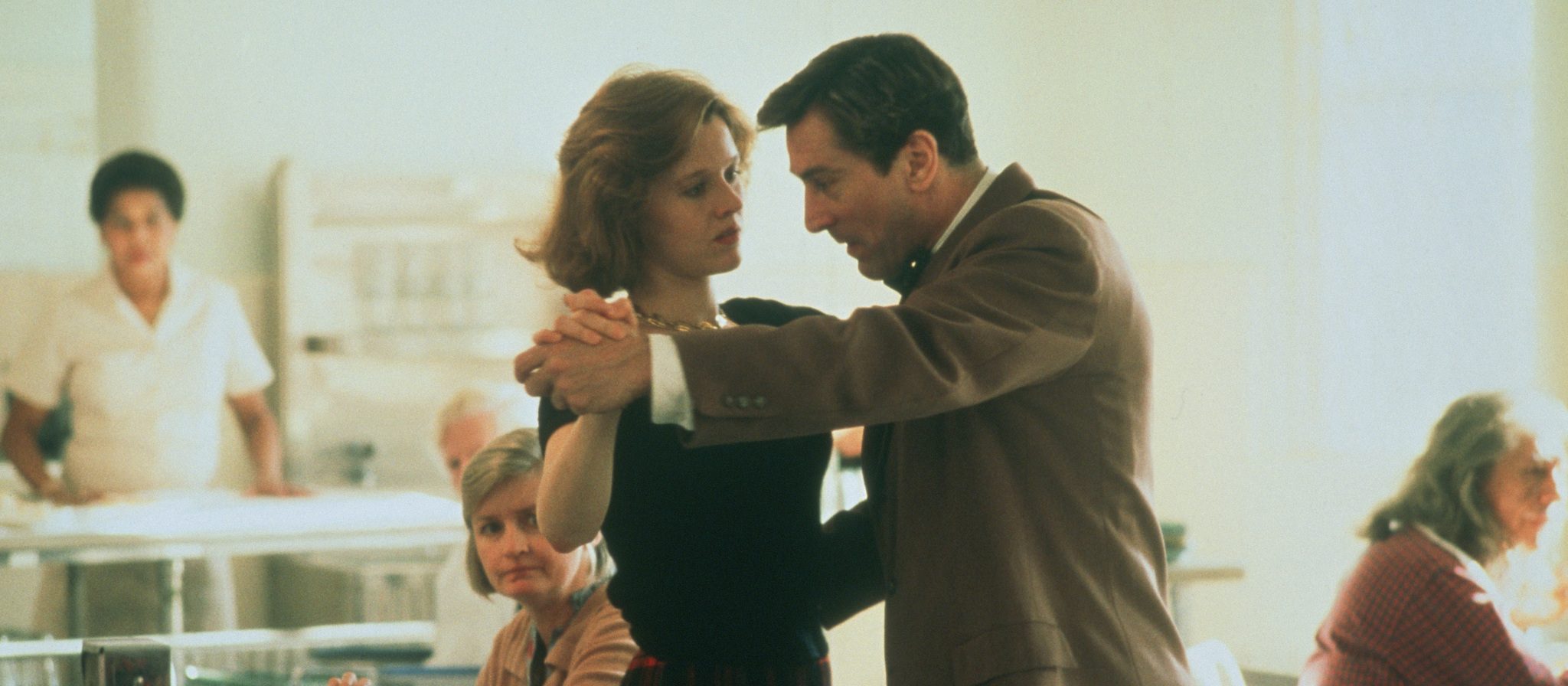‘Awakenings’ centers on Dr. Malcolm Sayer (Robin Williams), a new doctor who manages a ward of catatonic patients, and they are hopeless cases to most. The sight disturbs him, and he tries to work up a solution for their decade-long problem. As time passes, he begins to cure multiple patients, but things turn bitter. The Penny Marshall directorial is a 1990 drama movie that inspires many to have a noble pursuit in their life and cultivate empathy. If you are eager to know whether the events of this beautiful cinematic piece are based on real people, we’ve got you covered.
Awakenings: Adapted from Oliver Sacks’ True Experiences
Yes, ‘Awakenings’ is based on a true story. It is an adaptation of the late Oliver Sacks’ eponymous non-fiction book that was adapted into a screenplay by Steven Zaillian. Oliver was a British Neurologist, and the book is more like his memoir of all his experiences while treating patients in a catatonic state for decades. As reports suggest, the patients were previously affected with encephalitis lethargica, an understudied disease that infected multiple people in the early 1900s. Another name for the illness is “sleeping sickness,” and its global widespread began in 1917.

The patients who survived had parkinsonism which afflicted their mobility and speech and made them feel dejected. Oliver noticed that consuming L-dopa was a potential cure, and he documented most of the side effects and positive changes in ‘Awakenings’ and published it in 1973. Later, he achieved more remarkable milestones in life, such as in his other book titled ‘Seeing Voices,’ he revealed how sign language is more than a mode of communication and a foundation for creating distinctive groups. Moreover, the celebrated Neurologist studied autism and brain damage and highlighted their functional skills.
Later, Oliver researched and published books on colorblindness, sensory disorders, epilepsy, hallucinations, and drug use. Before he accomplished all these feats, he had to figure out L-Dopa because its effects were turbulent. However, patients in a catatonic state for decades showed remarkable transformation, and the drug was “awakening” them. Now, they could move around, speak, and interact with the world around them. Needless to say, these transformations were no short of a miracle because everyone else had given up on the aided.
Unfortunately, the recovery did not last long, and the patients started having spasms, only to return to a catatonic stage. Even though their normal state lasted for a limited time, they learned a valuable lesson about treating these patients humanely and acknowledging their existence. Speaking of ‘Awakenings,’ the movie’s core message is hope and perseverance and how these two are the pillars of transformation, even in the face of insurmountable challenges. It is a story of human resilience, compassion’s power, and how empathy can take humans a long way.
Another theme of the Robert de Niro starrer is the pursuit of knowledge and scientific discovery to find new treatments for diseases labeled as incurable. The film is optimistic and reminds us to look beyond our limitations and embrace possibilities. Moreover, while the character of Dr. Sayer is a fictionalized version of Oliver Sacks, the patients depicted in the movie, especially Leonard, are based on actual patients treated by the Neurologist.
Overall, ‘Awakenings’ is an inspiring story of an incredible medical breakthrough. Some of the scenes in the movie are dramatized to meet the expectations of cinema. Yet, many real-life patients have gone through a positive transformation thanks to the work of Oliver Sacks and his dedication to helping the ones in need.
Read More: Best Biopic Movies


You must be logged in to post a comment.